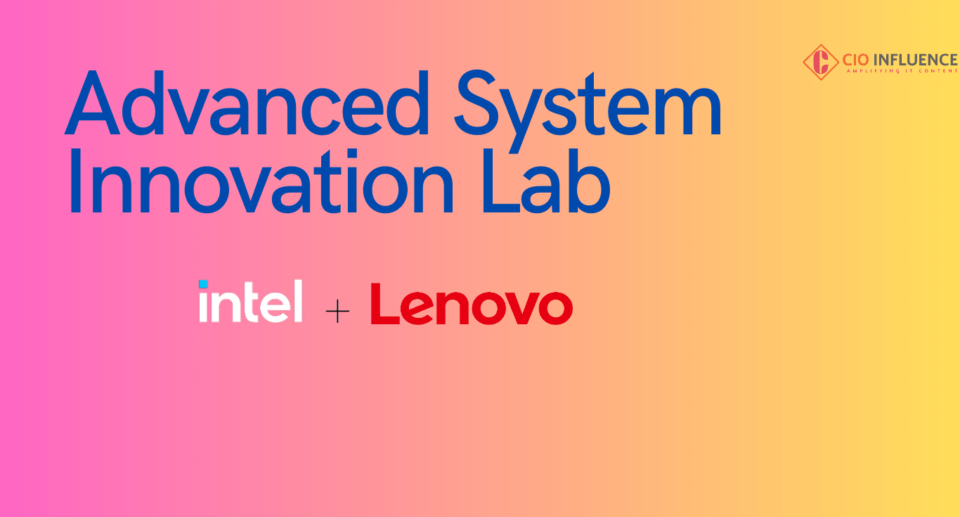The engineers at Intel China and Lenovo have unveiled a new co-innovation lab in Shanghai to build a sleek and powerful full-screen OLED dual-screen laptop. Intel’s engineers from the Client Computing Group (CCG) developed the OLED laptop with their counterparts at Lenovo in Shanghai’s Advanced System Innovation Lab. This collaboration marks the coming together of innovative engineering ideas aimed at solving world’s toughest hardware and software challenges. The lab was opened in July 2023, and since then has been buzzing with lot of actions involving Intel and Lenovo engineers. Filled with cutting-edge laptop prototype designs, one that would catch your eye is that of an advanced display driver that could power two high-resolution organic LED (OLED) screens in a single device.

The Advanced System Innovation Lab in Lenovo office is among the three co-engineering labs located in China. Other labs are built in Zizhu and Pudong. Jointly, both teams take a deep look at tough challenges and address them with innovative engineering technologies and designing concepts. Intel has been collaborating with all the other major OEM, software and hardware vendors to improve personal and corporate desktop and laptop experiences. The co-engineering collaborations have resulted in generations of world-class PC technologies such as CPU, power management, thermal validation and so on.
So far, Lenovo and Intel’s partnership has yielded many technologically advanced products, including the Yoga Book 9i which was revealed at this year’s CES. In addition to the PC components, the lab at Shanghai has also developed a series of new system validation processes that improve hardware-software performance seamlessly.

Lenovo’s Intelligent Devices Group is among the foremost users of the Intel’s 14th- gen processor, Meteor Lake. Lenovo has been able to improve the performance of the CPUs exponentially, and this co-engineering is devoted to incubate superior computing technologies for the future. For example, the lab developed a new technique to free up 17% of the interior space, boost thermal capacity by 21%, and improve battery life by up to 28%. This resulted in faster, slimmer, and cooler laptops with delightful PC experiences.
Co-engineering processed would be fully integrated to all the upcoming Lenovo PCs. Meteor Lake would feature in all the Lenovo devices, and new Lunar Lake could also be tested on new platforms for deeper integrations in the new lab.
Meteor Lake represents an inflection point in Intel’s client processor roadmap. It will be the first client processor manufactured on the new Intel 4 process node. It’s the first client chiplet design enabled by Foveros advanced 3D packaging technology, and it will deliver improved power efficiency and graphics performance. It’s also the first Intel client processor to feature a dedicated AI engine: Intel® AI Boost.


